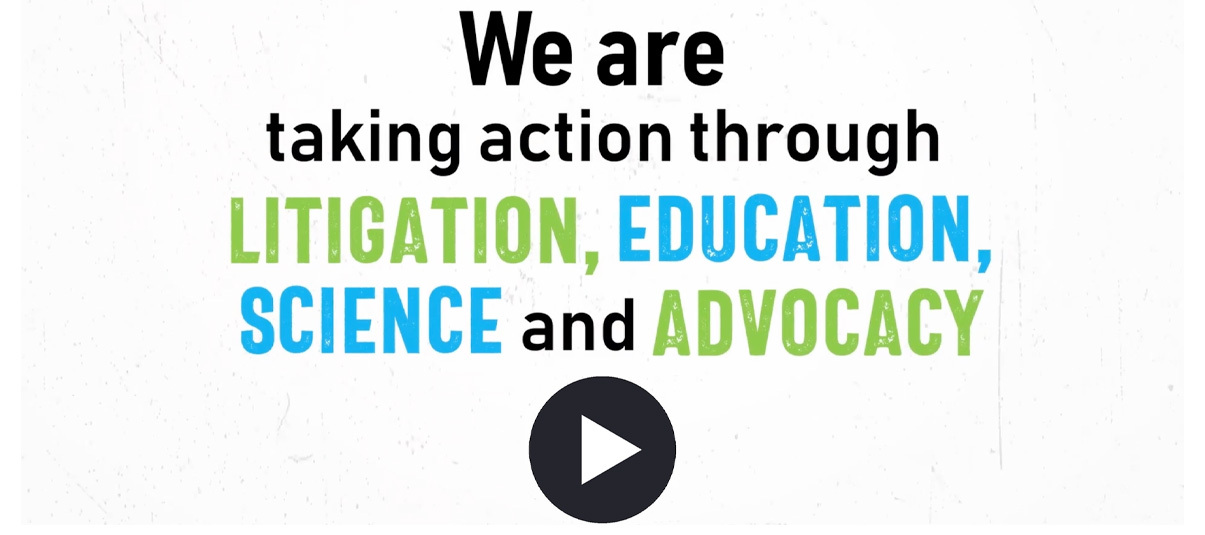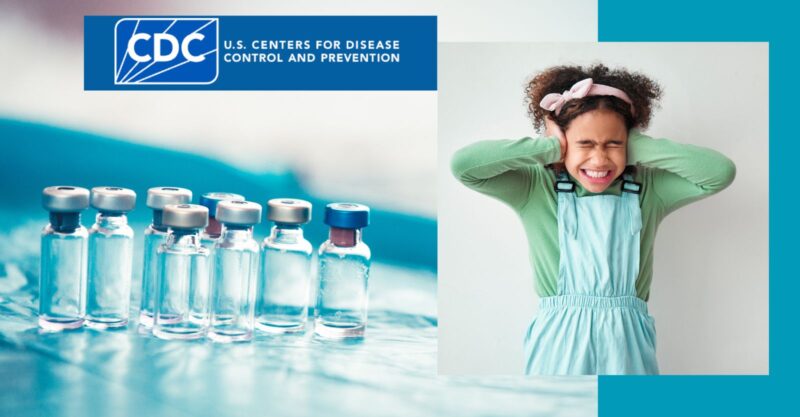CDC to Study Vaccine-Autism Link: A ‘Seismic Shift Toward Accountability’
In a significant development, the Centers for Disease Control and Prevention (CDC) has announced plans to investigate a possible link between vaccines and autism.
The decision follows a request from the Trump administration and comes just days after President Donald Trump cited CDC data showing that 1 in 36 U.S. children have autism.
Robert F. Kennedy Jr., now leading the U.S. Department of Health and Human Services (HHS), has long advocated for vaccine safety research.
A Pivotal Moment in Vaccine Safety Research
Sayer Ji, chairman of the Global Wellness Forum, called this decision
“a pivotal moment, not just in the scientific exploration of vaccine safety, but in the broader issue of public trust in our institutions.” He emphasized that the CDC’s decision to conduct a large-scale study suggests “prior investigations may have been insufficient, biased, or incomplete.”
Biologist Christina Parks, Ph.D., believes the study should examine the CDC’s childhood vaccination schedule.
“The cumulative effect of giving multiple vaccines at once as well as over a short period of months has not been studied as a potential contributing factor to autism,” she said.
Parks also noted that historical autism rates were significantly lower, raising questions about environmental factors.
Call for Transparency in Research
Brian Hooker, Ph.D., chief scientific officer for Children’s Health Defense, urged the CDC to include an unvaccinated control group. He highlighted concerns about the lack of access to the Vaccine Safety Datalink, a U.S. taxpayer-funded database that tracks vaccine-related health data.
“We’ve never had access to such a gold-standard database, and that thing takes $50 million worth of tax dollars to maintain every year. It should be open to the public,” Hooker said.
Ji reinforced the need for a rigorous approach, stating,
“It must be a true gold-standard study. The methodology must be rigorous, transparent, and independent, with no industry or government interference.”
A ‘New Era of Openness’
The CDC’s announcement marks a shift in federal health policy. Critics argue that prior vaccine safety studies lacked transparency, and Ji pointed out that many studies “suffer from conflicts of interest, flawed methodologies, and a lack of truly unvaccinated control groups.”
Hooker sees the upcoming study as an opportunity to rebuild public confidence.
“This represents a new era of openness and will encourage greater faith in our institutions and their recommendations regardless of where they fall,” he said.
While some experts warn that the study could increase vaccine hesitancy, Ji counters that transparency should strengthen public trust:
“If vaccines are as safe as claimed, then the data should confirm that and bolster confidence. The fear of ‘hesitancy’ suggests a deeper concern that the results may contradict the official narrative.”
As the CDC moves forward with its research, all eyes will be on its findings and whether they mark a turning point in the debate over vaccine safety and autism.
Read the full article by CHD's The Defender HERE
*****************************************************************************************************************************
If you find value in the work we do at Children’s Health Defense Canada, please consider making a donation so we may continue to advocate for and protect our most valuable resource…our children.

